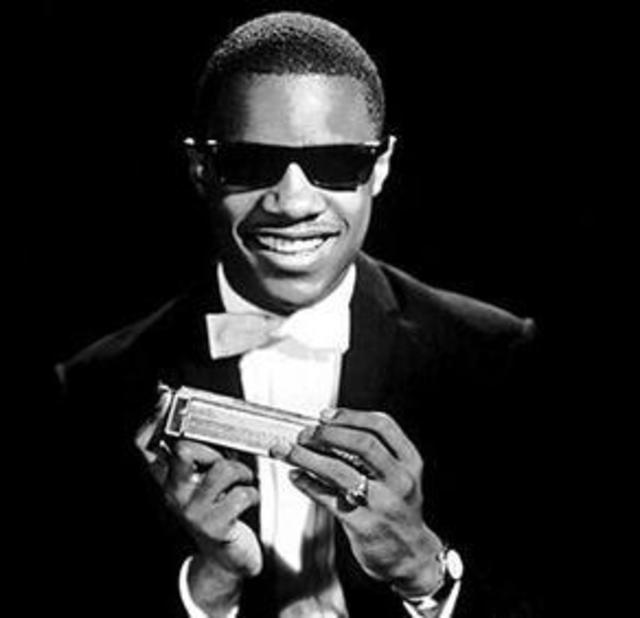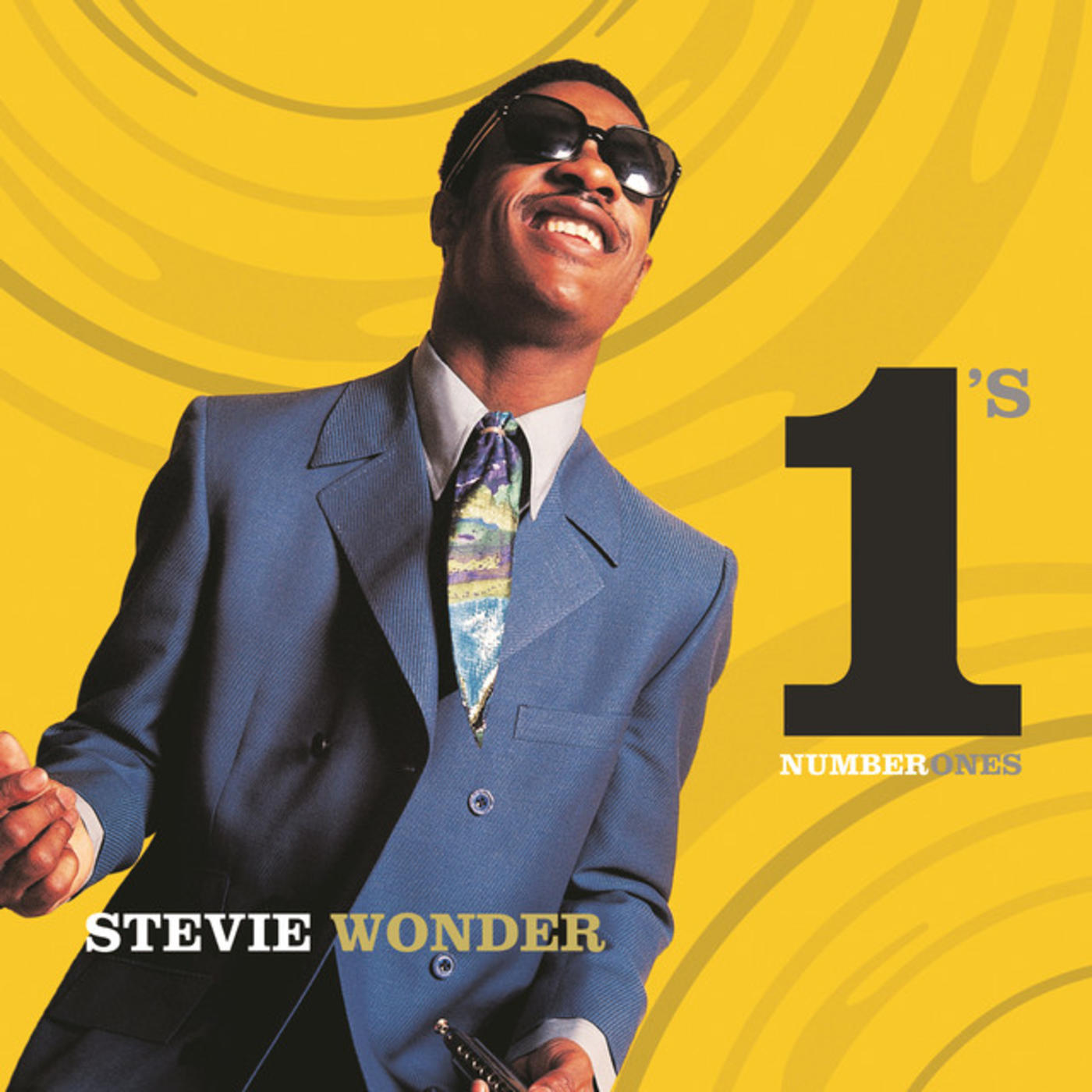Stevie Wonder

Stevie Wonder was Motown's golden child. In his more than 30 years at Motown, Wonder has been a musical icon: first, as a child prodigy; second, as a young man with a soulful, maturing and multifaceted talent; and finally, as an adult driven by the challenge of realizing his ever-deepening inner visions. Over the course of his career, Wonder has been a true musical pioneer whose work has embraced influences as diverse as reggae and jazz. He created music that sounded startlingly fresh in the Seventies by bending synthesizer technology to his own funky, visionary ends. A true child of the Sixties, the idealistic Wonder's music has remained inseparable from his spirituality and humanitarian outlook. Over the years he has been a committed advocate of causes ranging from the anti-apartheid movement to advocacy on behalf of blind and mentally challenged children.Blind from infancy, Wonder was born Steveland Judkins (later Morris) in Saginaw, Michigan. He literally grew up at Motown, signing with the label at age 12 after an audition for Berry Gordy, Jr., that had been arranged by Ronnie White of the Miracles, whose younger brother was an acquaintance impressed by Wonder's precocious talent on harmonica and bongos. Motown's "Hitsville" complex thereupon became a second home for Wonder, who found mentors and tutors in such legendary behind-the-scenes figures as bassist James Jamerson and drummer Benny Benjamin. While his early singles fared poorly, the exuberant pre-teen Wonder began tearing it up in concert. Thus, it was no surprise that his breakthrough single, "Fingertips, Part 2," was culled from an impromptu encore recorded live at Chicago's Regal Ballroom and released by Motown in August 1963. At this point, he was billed as "Little Stevie Wonder," and subsequent releases capitalized on the novelty appeal of his youthful talent while pegging him as an heir apparent to the soulful shouting of Ray Charles (with whom Wonder also had blindness in common).Wonder scored his next Top Ten hit in 1965 with "Uptight (Everything's Alright)." By then, his voice had deepened somewhat while his awareness of rock and roll had broadened, owing to his exposure to the Rolling Stones, with whom he toured in 1964. More surprising was Wonder's soulful recasting of Bob Dylan's antiwar anthem, "Blowin' in the Wind" (#9 pop, #1 R&B). That unlikely cover, which was favorably regarded by Dylan himself, hinted at Wonder's own social conscience, which would emerge more fully in the next decade. As he continued to come into his own, an ever-more confident teenage Wonder turned out one soulful classic after another, including "I Was Made to Love Her," "For Once in My Life," "My Cherie Amour" and "Signed, Sealed, Delivered." The last of these was Wonder's first self-production, and it set the stage for the album-length masterworks he would deliver in the Seventies.At the outset of the new decade, Wonder fought for and won creative control over his recorded work. The year 1971 represented a watershed at Motown in that a pair of artist-produced records - Wonder's Where I'm Coming From and Marvin Gaye's landmark What's Going On - broke the mold at the label, ushering in a heightened emphasis on albums and a newfound, hard-won clout for artists. Where I'm Coming From - which yielded the Top Ten hit "If You Really Love Me" - proved to be a warm-up for what would follow. Between 1972 and 1976, Wonder unleashed a quintet of albums that found him scaling heights of personal creativity that revolutionized popular music while reaching across races and age groups with a visionary fusion of pop, soul and technology. This run of fiery, deeply impassioned work - encompassing the albums Music of My Mind, Talking Book, Innervisions, Fulfillingness' First Finale and the double album Songs in the Key of Life - addressed social, personal, spiritual and philosophical concerns within seamless musical and conceptual contexts. Though their larger architecture as albums was pre-eminent in Wonder's mind, he continued to score on the pop charts with singles pulled from them, five of which reached #1: "Superstition," "You Are the Sunshine of My Life," "You Haven't Done Nothin'" (which excoriated then-president Richard Nixon), "I Wish" and "Sir Duke" (a tribute to Duke Ellington). On a musical level, Wonder brought the synthesizer to the fore in contemporary music during the Seventies with these albums, moving it from an effects-generating novelty to a bonafide musical instrument that would eventually challenge the electric guitar for primacy in contemporary music.Wonder's output has tapered off somewhat since those heady days of genius in full flush. Although the pace has slowed, Wonder remains a potent, if intermittent, force on the recording and performing fronts. Among other things, the Eighties found him recording a tribute to Bob Marley ("Master Blaster [Jammin']") and an anthem to the legacy of Dr. Martin Luther King ("Happy Birthday") that helped spearhead the movement to have his birthday recognized as a national holiday.In 1995, Wonder released his 25th album for Motown, Conversation Peace. It would be a full ten years before he released another, the star-studded A Time 2 Love. By then, Wonder was firmly ensconced in the New Millennium as a soul-music legend and a primary inspiration for the neo-soul movement.

